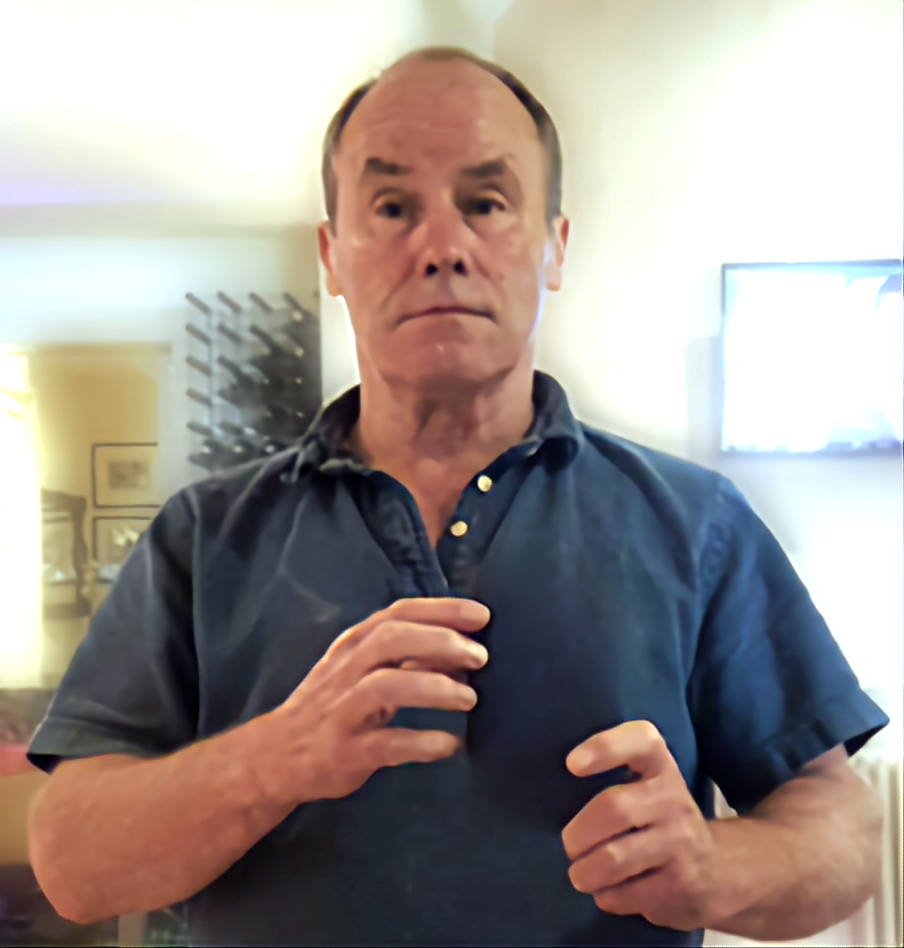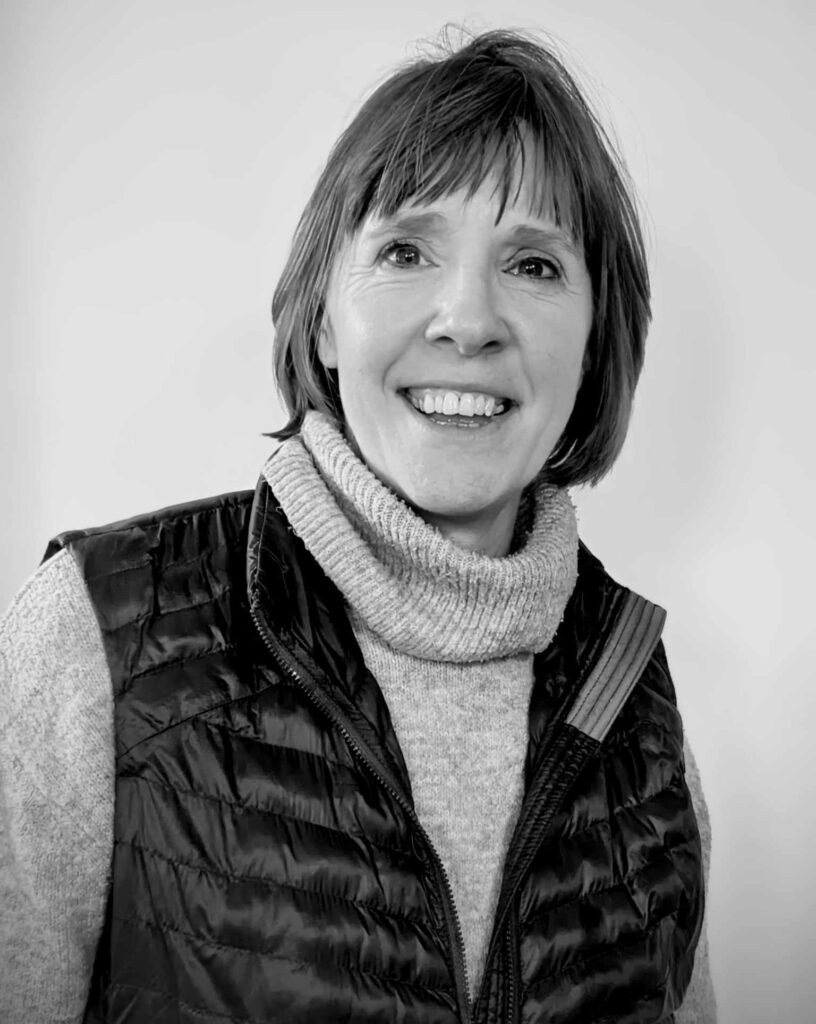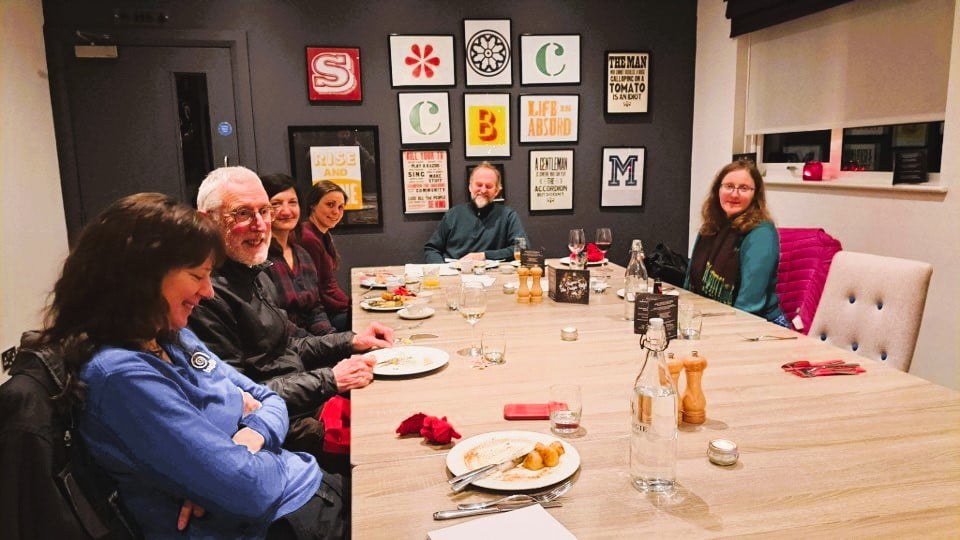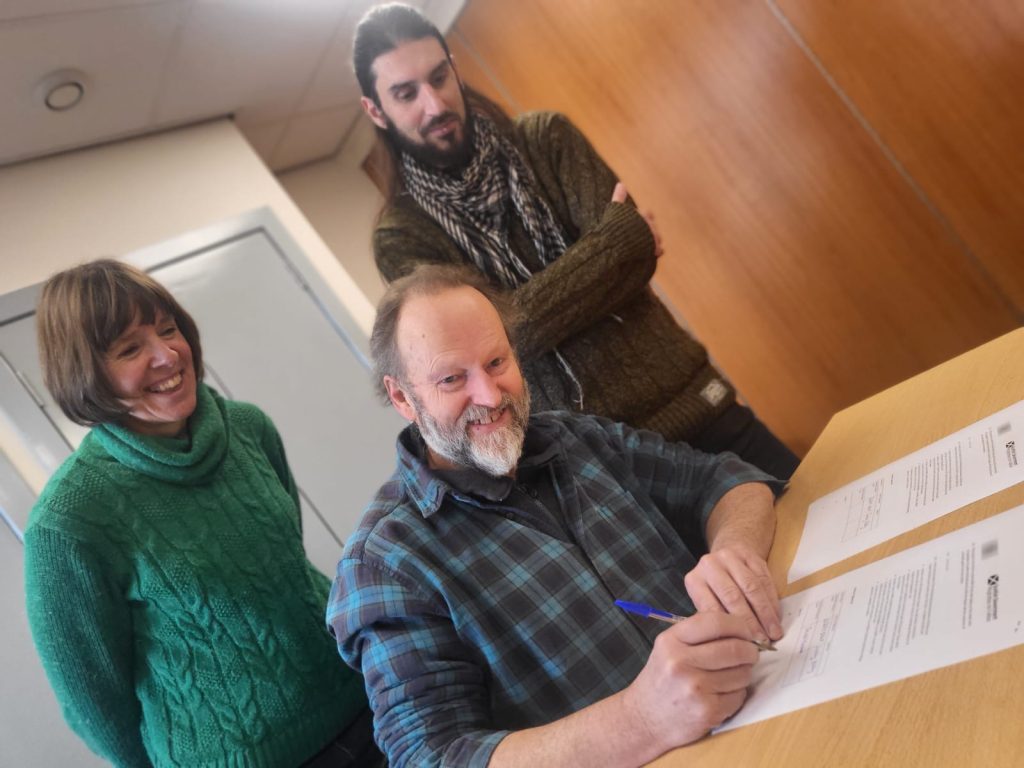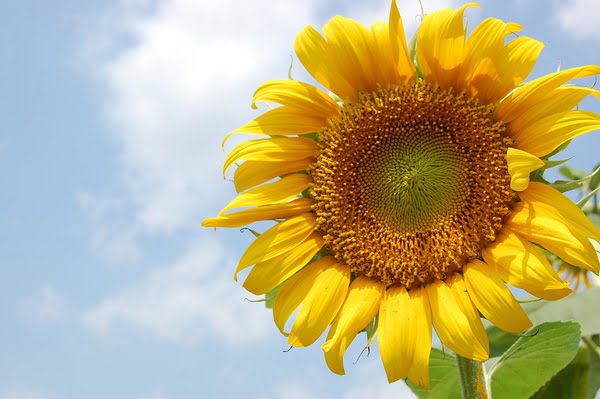Scottish Charities Invited to Shape Future Regulations
The Scottish Government is running a consultation to understand whether a review of charity regulation is needed, and what the Third Sector would like this review to focus on.
Midlothian Voluntary Action will be submitting a response to this consultation and would like to have your feedback to ensure our presence is reflective of the opinion of the Third Sector within Midlothian.
Please email info@mvacvs.org.uk with your comments before Thursday 18th July.
We are also encouraging organisations and individuals to respond on their own behalf, the link can be found here:
What’s the goal?
The purpose of the consultation is to understand whether a review of charity regulation is needed and, if so, what the purpose and parameters of it should be. Specifically, the consultation focuses on:
- understanding whether the sector still want a more general review of charity regulation
- identifying what areas of charity regulation the sector want to be reviewed, and why
- identifying any areas for review that might fall within a technical workstream
- establishing the purpose and parameters of a review to allow for next steps to be determined.
The consultation is split into two strands.
1. Should there be a review of charity regulation?
The first strand is focused on whether there should be a review of charity regulation and asks what the focus of any review should be. Two options are offered, as well as space for organisations/individuals should suggest others:
- To assess the effectiveness of current charity regulation in meeting the future needs of the sector .
- To review the Charities and Trustee Investment (Scotland) Act 2005 – exploring if the Act is doing what it set out to do and if any changes are required.
The consultation then references specific parts of charity regulations that have previously been suggested for review, and asks if you believe any of these should be prioritised at this stage:
Charitable purposes
There are 16 charitable purposes set out in section 7(2) of the 2005 Act. Each charity must have at least one of these purposes in their written constitution. The purpose(s) make clear what the charity has been set up to achieve, its broad aims.
Public benefit
Public benefit is the way a charity makes a positive difference to the public (either in general or to a specific section) through the activities it carries out when advancing its charitable purposes. This is set out in Section 8 of the 2005 Act.
Charity trustee duties
All charity trustees have legal duties and responsibilities under charity law. A duty is something that you must do, and all the duties must be met. The duties are set out in Section 66 of the 2005 Act.
2. What technical areas are being reviewed?
The second strand focuses on Technical Areas that have also been identified for review, and the consultation asks for your opinion on these:
Charity reorganisations for statutory charities
Reorganisation allows often older charities to make changes to become more effective in a number of ways. For the small number of charities established under Royal charter or an Act of Parliament or Act of the Scottish Parliament, the process of reorganisation can be complex.
Incorporation to a Scottish Charitable Incorporated Organisation (SCIO)
Incorporation means that the charity as a legal entity can enter into contracts in its own right and the charity trustees do not have the same liability if something goes wrong. In recent years incorporation is often a requirement for funding, including SG funding. This area can be problematic, particularly for smaller charities.
The OSCR processes for establishing new SCIOs, registering other incorporated bodies as charities, or winding up the old charities are not necessarily the issue here. It is often the transfer of all assets and liabilities from the old charity to the new charity which can be time consuming and expensive. Some charities who would benefit from the SCIO form withdraw from the process due to these complexities.
Review of audit thresholds
We have become aware that charities are finding it increasingly difficult to appoint an auditor. At the moment the evidence is anecdotal. However, we believe that over time there is a risk that charities requiring an audit will struggle to appoint an auditor, meaning that they would be unable to file annual accounts with OSCR to comply with the Charities Accounts (Scotland) Regulations 2006 (the 2006 Regulations) and the 2005 Act.
The audit income threshold for charities in Scotland and Northern Ireland is currently £500k, in England and Wales the threshold is higher, currently £1m. Some stakeholders have publicly called for the threshold to be raised to £1m. The Scottish Charity Sector in broad terms has a lower income than England and Wales, with only around 1,500 Scottish charities currently subject to the audit thresholds.
Raising the threshold would have a knock-on effect of creating more demand for independent examinations (required where an audit is not), where there is already a shortage of independent examiners. So, a change of threshold would not in itself reduce the demand on professional accountancy firms and individuals.
The audit thresholds are set out in the Charities Accounts (Scotland) Regulations 2006. Any change to the threshold would need to be made by amendment regulations, as opposed to it being a matter of discretion for OSCR. We understand from OSCR that data on the Scottish Charity Register indicates that an increase in the audit threshold to £1 million would bring around 500 charities out of the current audit requirements and place them under independent examination requirements.
Please email info@mvacvs.org.uk with your comments before Thursday 18th July.




